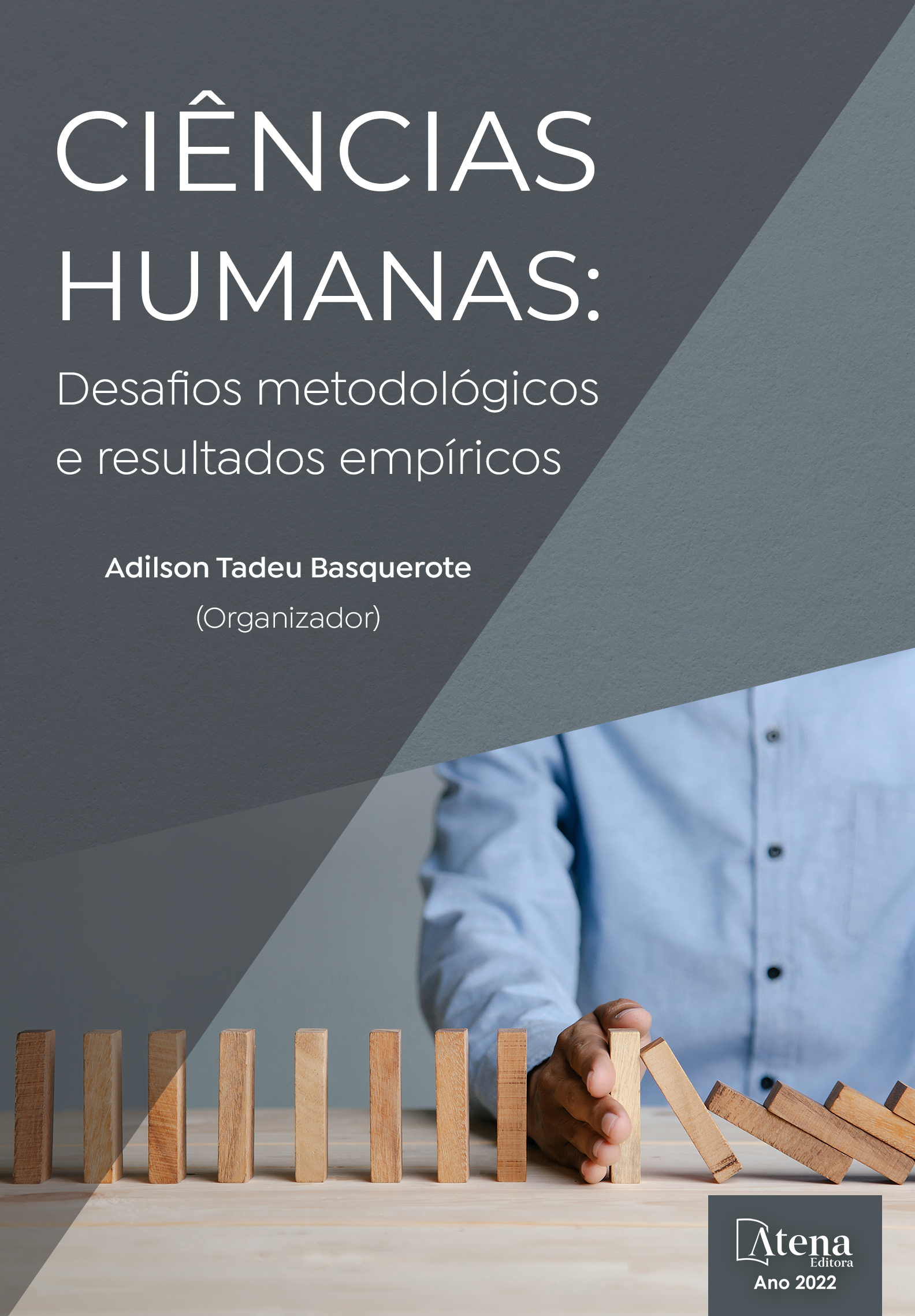
A ESTRATIFICAÇÃO SOCIAL E A EDUCAÇÃO NA PRIMEIRA REPUBLÍCA (1889-1930)
Este artigo tem o objetivo de desenvolver uma reflexão sobre a estratificação social por meio das reflexões das autoras Eva Maria Lakatos e Marina de Andrade Marconi no livro “Sociologia Geral” (1999) através de um viés classista na implantação da educação na Primeira República. As autoras analisam que quanto mais há evolução na sociedade, mais há diferenciação dos indivíduos por diversos fatores sociais, econômicos e políticos, isso gera uma grande desigualdade e ocasiona a estratificação social. A sociedade não possui a mesma característica, todos são diferentes, com posições e privilégios incomuns, ela está sempre em transformação, passando por algumas dimensões como a de ordem econômica pela classe, ordem social pelo status ou Estado e a ordem política pelo partido, cada uma possui uma estratificação própria. Neste estudo será feito uma análise da educação na Primeira República, neste período ela passa por alterações e transformações, mediante reformas feitas pelos governantes. O poder era centralizado pela burguesia, havia um modelo de sociedade que era ilustrado somente para as elites, deixando o proletariado a mercê dos governantes, sem nenhum benefício. Os textos e investigações estudados abrangem, sobretudo os campos das classes sociais, do poder, da política do sistema econômico perante uma sociedade capitalista.
A ESTRATIFICAÇÃO SOCIAL E A EDUCAÇÃO NA PRIMEIRA REPUBLÍCA (1889-1930)
-
DOI: 10.22533/at.ed.83422180410
-
Palavras-chave: Educação, Sociedade, Poder.
-
Keywords: Education, Society, Power
-
Abstract:
This article aims to develop a reflection on social stratification through the reflections of the authors Eva Maria Lakatos and Marina de Andrade Marconi in the book “General Sociology” (1999) through a classist bias in the implementation of education in the First Republic. The authors analyze that the more there is evolution in society, the more there is differentiation of individuals by various social, economic and political factors, which generates great inequality and leads to social stratification. Society does not have the same characteristic, everyone is different, with unusual positions and privileges, it is always changing, going through some dimensions such as economic order by class, social order by status or State and political order by party, each one has its own stratification. In this study, an analysis of education in the First Republic will be made, in this period it undergoes alterations and transformations, through reforms made by the governors. Power was centralized by the bourgeoisie, there was a model of society that was illustrated only for the elites, leaving the proletariat at the mercy of the rulers, without any benefit. The texts and investigations studied cover, above all, the fields of social classes, power, the politics of th
-
Número de páginas: 10
- Lara Beatriz Pires Pereira Velasco


